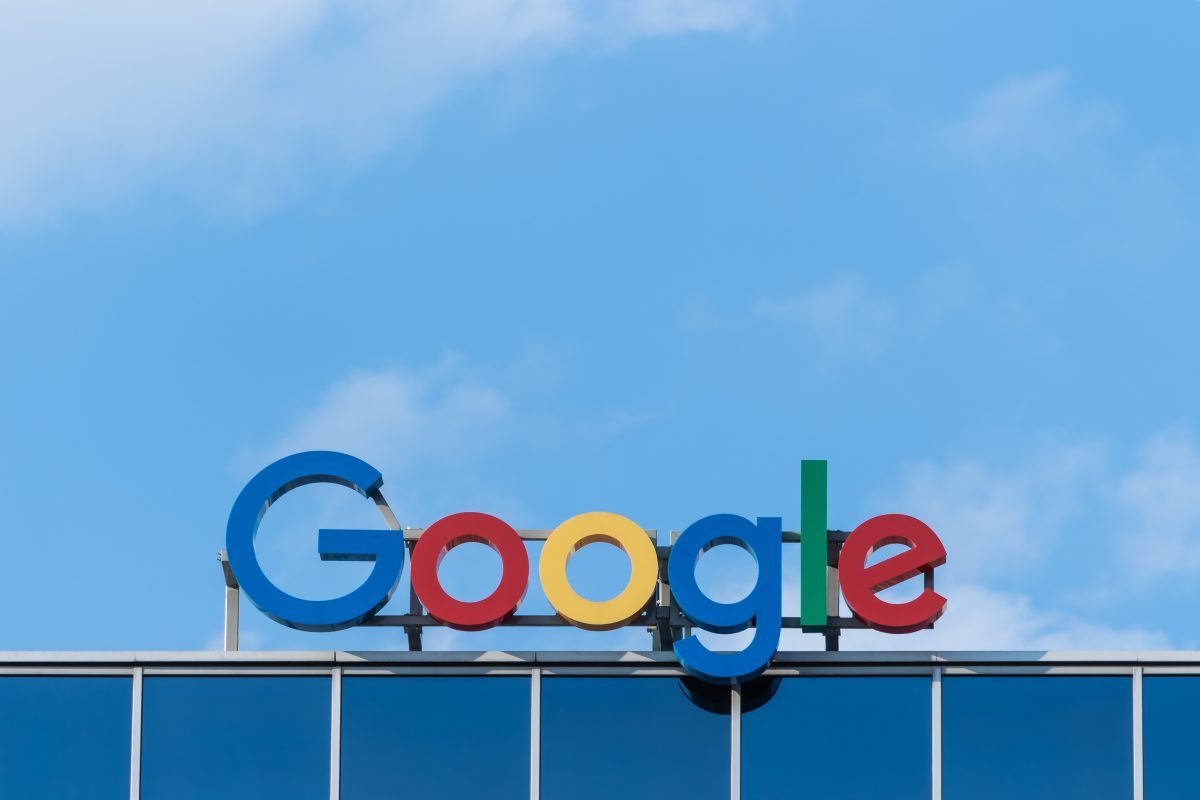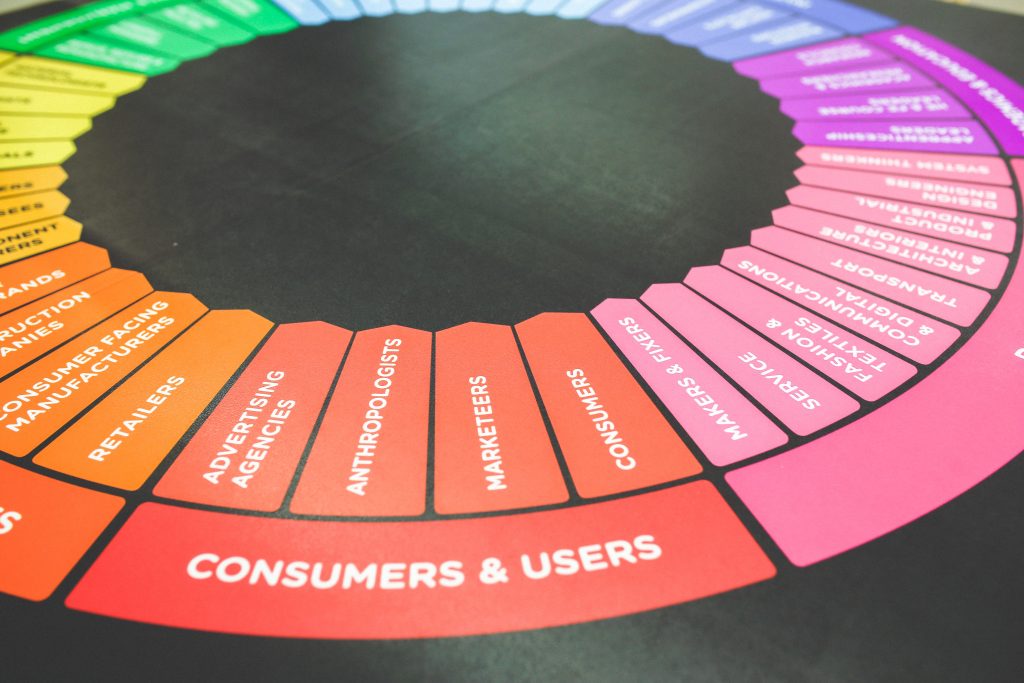
Google Ads Rules – Or How Playing Nice Is The Best Policy
Google Ads is the largest online advertising platform in the world.
But that doesn’t mean that you can advertise anything you want on that platform. It’s by no means a Wild West. The platform has a certain set of rules and regulations that advertisers have to follow if they want their ads to be shown on Google Searches.
In this article, we’ll be going over some products and services that the Google Ads prohibits to be advertised on its platform, the spirit behind these bans, and what this will mean for your Google Ads strategy moving forward.
What Does Google Not Allow on its Advertising Platforms?

Photo Source: Darius Krause, Pexels.com
Here’s a small list of products and services that, as of October 2019, Google prohibits from being advertised on its Google Ads platform. Do bear in mind that this list is by no means exhaustive, and Google’s greater total list of Ad Policies is updated on a very regular basis.
- Unproven/speculative/experimental medical treatments (except for clinical trial recruitment in certain countries
- Counterfeit Goods
- Inappropriate Content (e.g. Content that incites hatred; Promotion of animal cruelty; Promotions containing obscene language)
- Any products/services that conceal or misstate information about the business, the product, or the service itself
- Products or services that enable dishonest behavior (e.g. hacking services, fake passports, and diplomas)
Why did Google Ban These Particular Products and Services?

Photo Source: Tim Savage, Pexels.com
Firstly, it goes without saying that wherever Google operates, it has to do so under local laws and regulations. Therefore, search results and ads from Google will need to comply with the laws laid down by jurisdictions supported by its services. This explains why adverts promoting services such as creating fake passports are not allowed on the platform.
However, despite Google’s monopolistic market share in the search engine market, their Google Ads policy is also driven by another factor: to ensure that Google Search Users have a good experience when they view their ads. As ridiculous as it might sound, Bing still exists as a (very weak) competitor to Google Search, and Google’s position in the market is only as strong (or tenuous) as the quality of their service.
What qualifies as good user experience? This means that ads and search results both need to be not just safe but also appropriate for users conducting a particular search. This is why, for example, shotgunning ads for your particular product or service on completely unrelated search terms don’t typically work – Google wants to make sure that all search results are of relevance and value to the user, regardless of whether the result is organic or paid.
This also would explain why products and services deemed to be dangerous or incur a significant risk to Google’s users are also prohibited from being advertised on Google’s platform (for example, certain significantly risky financial products are not allowed to be shown on Google Ads). Google would understandably want its users to feel safe using its services, and that whatever results that may pop up will be best aligned with each user’s search intent and their best interests.
What does this mean for people looking to advertise on Google Ads?

Photo Source: Kaboompics.com
Before you even look at advertising on Google, you’re going to have to take a look at whether or not your product complies with local regulations along with Google’s additional policy regulations on top of it.
Of course, we’ll be assuming that all of our readers are respectable business owners with legally compliant products and services. Just make sure to give all of Google’s Ad policies a read before you start launching ads, and be sure to keep up with any updates as you go. Frequency wise, we would recommend businesses to check at least once a month to see if there are any new and relevant changes to Google’s ever-evolving Ad policy.
This only ensures that you are safe now though. Just because your services are compliant now doesn’t necessarily mean that you’ll be forever immune. For example, Google’s restriction on unproven medical treatments was announced only two months ago, September 2019.
Thus, what is permitted today won’t necessarily be permitted tomorrow, and if Google Ads is your main channel of lead generation and sales, then you may either need to reconsider your product/service offering if you believe that it’s at risk of being prohibited, or consider diversifying your channels of sales and lead generation by investing more deeply into other advertising platforms.
However, the chances of the former happening are quite slim. This is because, once again, Google Ads’ policies are designed with the local laws and consumer in mind. If your product or service offering is compliant with local laws and has your customer’s best interests in mind, then you can consider your business and its objectives spiritually aligned with Google’s; it is unlikely that Google would find issue with you advertising your offering on its platforms (so long as your adverts are relevant and adheres to ad policies!).
Has your Google Ads strategy changed after reading this article? Let us know if you’re looking to modify or re-build your Ad Strategy, we’d be more than happy to help!


